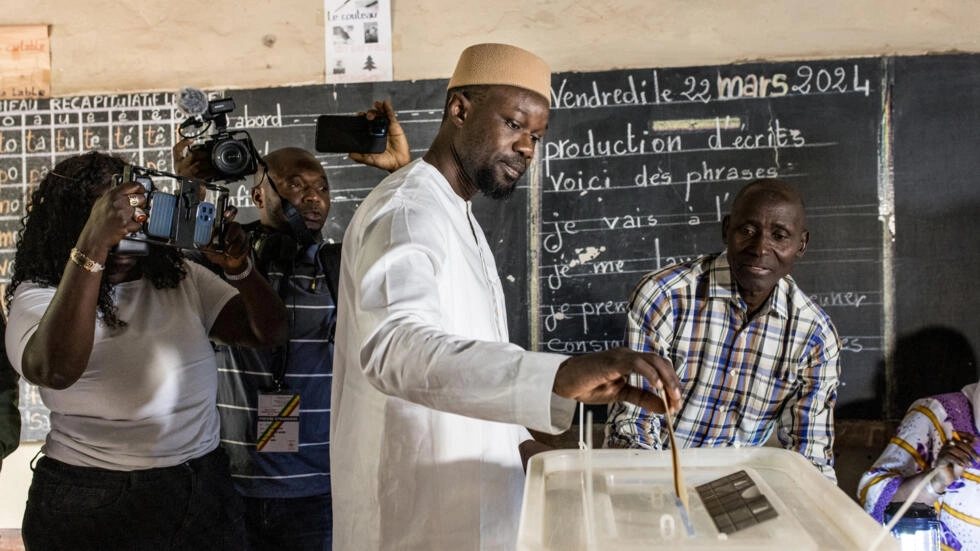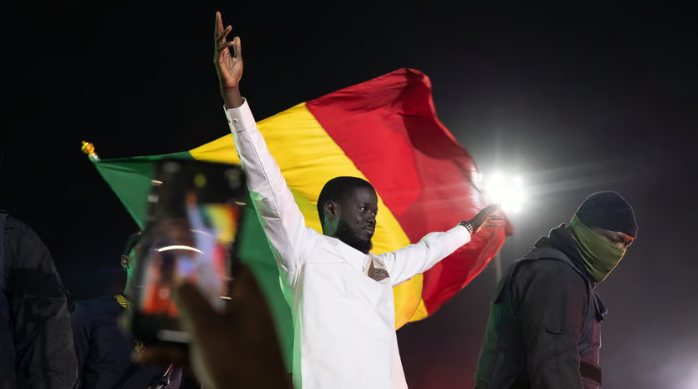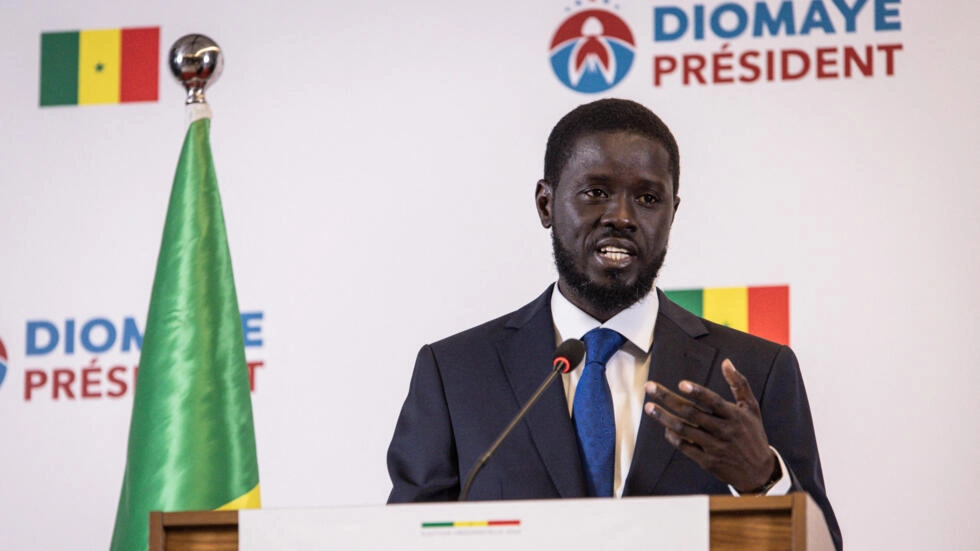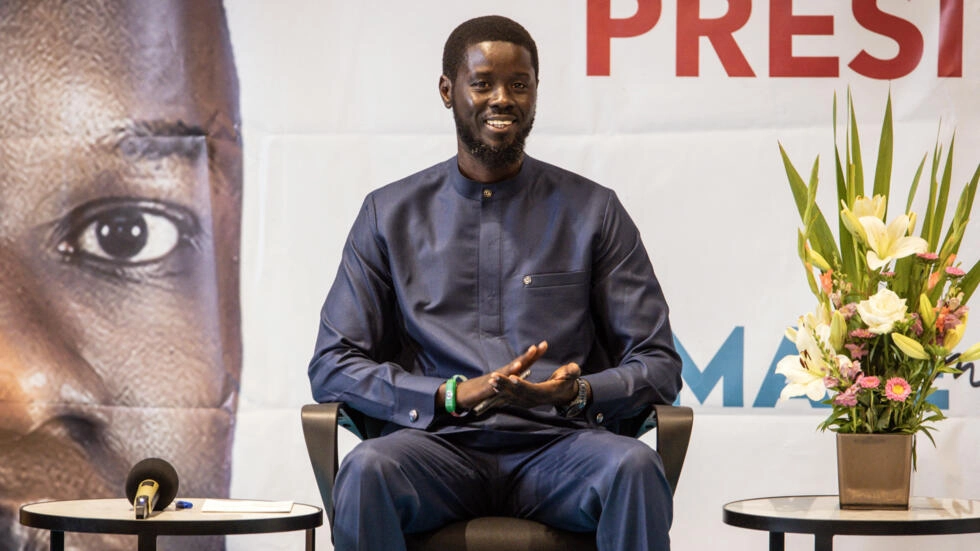This article is more than
8 year oldHissène Habré's conviction the first step on a longer road to justice for Chad
n 30 May, a special court in Senegal found Hissène Habré, former president of Chad, guilty of crimes against humanity, including torture and rape.
Habré was in power for just eight years – and what terrible years they were. An estimated 40,000 people were killed. Some were political opponents, but most were just people who sought a better life or expressed opinions that differed f-rom those of the government.
At that time, I was a teenager, growing up in the capital, N’Djamena. It was a time of constant fear; people disappeared in the night and we never saw them again. If you didn’t praise Habré, you could be reported to the security services as an enemy. High school students who demonstrated for basic rights were shot dead by the army.
In 1990, Habré was ousted f-rom power and escaped to Senegal with the loot that he had smuggled out of Chad, one of the world’s poorest countries. Attempts to prosecute him for his crimes failed.
In 2001, the Senegalese court ruled that it did not have the jurisdiction to try Habré on torture c-harges. Although he was sentenced to death in absentia inChad, he remained in his secure compound in Senegal.
It was not until 2013 that he was arrested, and his trial finally began in July 2015. The long arm of justice indeed. Once the trial convened, however, the overwhelming weight of evidence presented by prosecutors enabled the court to reach its verdict. Some evidence was in the form of documents, discarded as rubbish by prison authorities (pdf), listing the names and punishments inflicted upon detainees. But the most affecting and persuasive evidence came f-rom 69 torture survivors. Sitting just feet away f-rom the man who had attempted to destroy their lives, they described their ordeals.
I know how difficult this is, even in the privacy of a quiet room with a trusted confidant. Torture is a constant in your life – it doesn’t end when you are freed. You relive your torture, through physical pain and the mental torment of flashbacks and nightmares. You carry the scars – not with pride that you have survived, but with shame that you survived while others did not. I salute the survivors who testified so courageously.
But for those who suffered under Habré, his conviction is just one more step on the road to justice. He intends to appeal his conviction, a right denied to his victims. If the sentence is upheld, Habré will be jailed for life, but he will not be tortured or deprived of food or light, as his prisoners were.
And what of the countries who supported Habré because they regarded him as a counterweight to Libya’s Colonel Muammar Gaddafi? The people of Chad, sacrificed to an African power play, are owed a debt by the US and France. The US secretary of state, John Kerry, has welcomed the verdict, but calming words are not enough. No country, however powerful, should consider torture a sideshow to political expediency.
What about the survivors, those who were imprisoned and the families of the disappeared? Chad is a poor country and is hard pressed to provide basic services. It seems only right that some of the trust fund to be established f-rom Habré’s stolen booty, together with other contributions, should be spent on providing survivors with the clinical and mental health services provided by Freedom f-rom Torture, to help heal their wounds. A memorial to the victims would be a public testimony to their suffering.
Above all, the people of Chad need a full accounting of their past under Habré. What caused the violent repression? What happened to the prisoners and to those who disappeared? Who took the decisions, and by whom were those determinations carried out? For us, this is the beginning of a long road to healing ourselves.
• Kolbassia Haoussou is co-founder of Survivors Speak OUT, a network of torture survivors supported by Freedom f-rom Torture
Keywords
<p>Porn star Stormy Daniels has gone to town on Donald Trump in court saying “nobody would ever want to to publicly” admit they had sex with the former president.</p>
Justin Bieber announces huge personal news
Kendrick Lamar Beat Drake By Being Drake
How Kendrick Lamar and Drake changed rap beefs forever Rapid-fire releases and fast pace of modern life elevate diss war to levels unparalleled in hip-hop history.
UN assembly urges Palestine membership after vote
Sean 'Diddy' Combs asks judge to reject lawsuit alleging rape of 17-year-old girl in 2003
Taylor Swift concert photo horrifies internet
Ukraine finds itself in a grave situation. Russia appears to be advancing
Island nation erupts into violence, three dead
Will the Rafah assault break Netanyahu?




